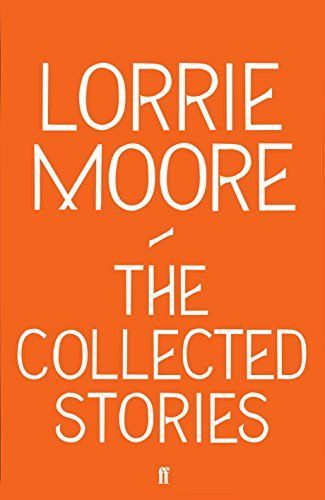
Reviews
Beatriz Salvador @beatrizsalvador
Highlights
Beatriz Salvador @beatrizsalvador
Beatriz Salvador @beatrizsalvador
Beatriz Salvador @beatrizsalvador
Beatriz Salvador @beatrizsalvador
Beatriz Salvador @beatrizsalvador
Beatriz Salvador @beatrizsalvador
Beatriz Salvador @beatrizsalvador
Beatriz Salvador @beatrizsalvador
Beatriz Salvador @beatrizsalvador
Beatriz Salvador @beatrizsalvador
Beatriz Salvador @beatrizsalvador
Beatriz Salvador @beatrizsalvador
Beatriz Salvador @beatrizsalvador
Beatriz Salvador @beatrizsalvador
Beatriz Salvador @beatrizsalvador